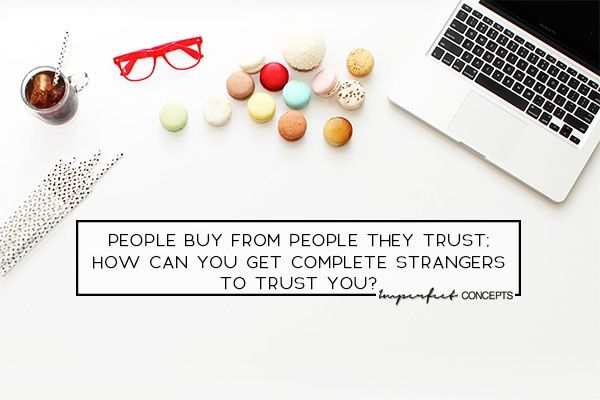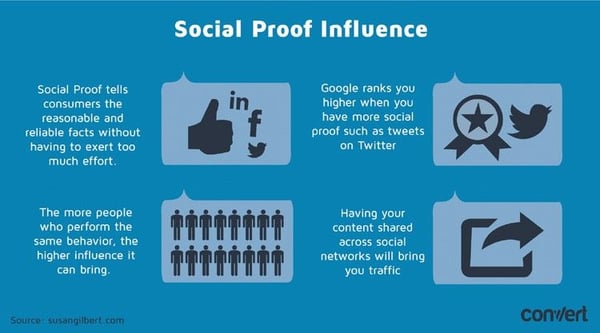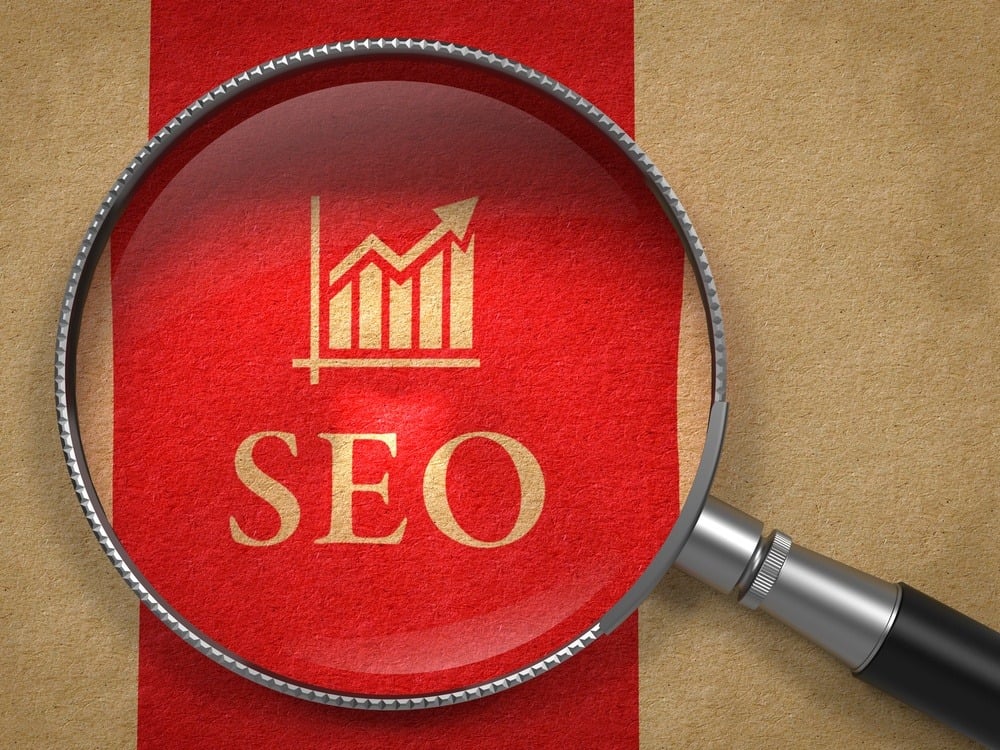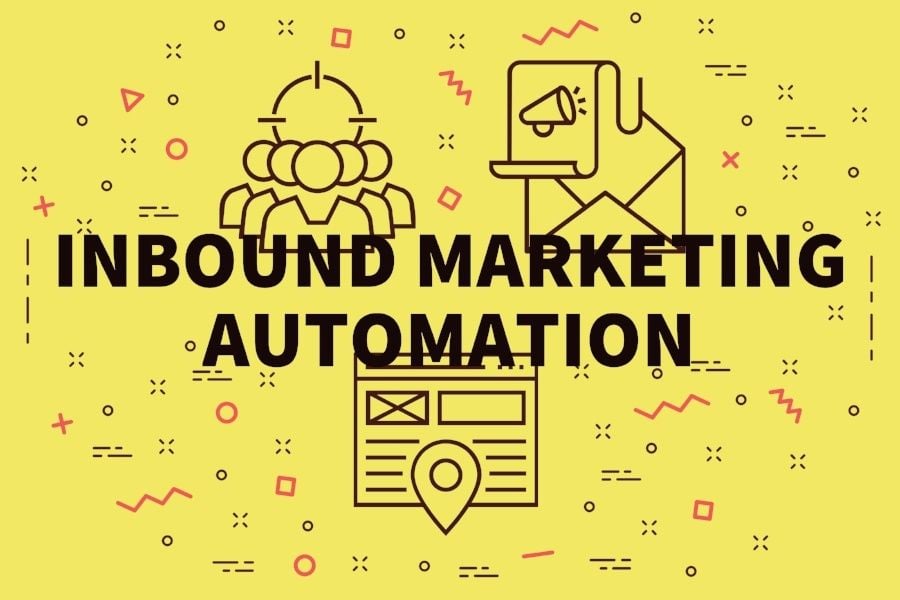
Most products and brands have a value proposition. In just a sentence or two, they can formulate exactly what makes them better than any other alternative, and how they can change the life of any customer who chooses to use them. Unfortunately, tech companies don't often have that same luxury.
New apps 'disrupt' their industry. SaaS solutions 'revolutionize' the way you can accomplish certain tasks. Both sound great, but don't actually communicate actual benefits. In fact, the fact that they are so drastically different from any other solution out there can actually turn into a marketing challenge.
Think about your core value proposition: how do you as a tech company, in one sentence, communicate what makes your product or service so valuable for your audience? And how can you, as a brand, expand on that core promise throughout your marketing materials?
The answer to that question is not promotion. Bold promises mean little when made in a traditional advertising format, which is not the type of messaging channel they typically trust.
Inbound marketing, on the other hand, is perfectly positioned to help your tech company solve its value proposition problem.

Building Relevant Content Around Your Value Proposition - Go After Your Target Customer
For most tech companies, the value proposition is simple - but difficult to explain. Consider Uber's The Smartest Way to Get Around or Slack's Be More Productive at Work with Less Effort.
Both are convincing, action-oriented, and powerful. There's a reason they regularly come up in discussions of top tech value propositions. Unfortunately, they're also vague.
Imagine being the in target audience for Uber or Slack. Is either of the above really enough to convince you to become a customer? Not really; at best, they pique your interest.
Whether or not you actually move further depends entirely on what comes next. The same is true for most tech companies.
A value proposition is only as strong as the content behind it.
Fortunately, inbound marketing gives you the opportunity to build that content. Consider the possibilities:
- A social media presence that highlights your brand voice and builds a community around your value proposition.
- SEO-optimized blog posts that address and answer common pain points your audience has surrounding your value proposition.
- Long-form lead magnets that increase your conversions and elevate your brand presence.
- Lead nurturing emails that make the connection between pain points and brand benefits to get your audience closer to the sale.
None of these tactics are directly focused on selling. Instead, they are designed to build your brand's credibility, while simultaneously getting your audience more familiar with your brand benefits.
They can take powerful but vague value propositions and turn them into new customers.
Putting Audience Trust First in Your Messaging
In addition to subtly highlighting your tech benefits, these inbound marketing tactics also accomplish another crucial goal: they build audience trust.
Specifically because they don't focus on selling your product, they build the credibility you need to eventually make the sale.
In the tech industry, this credibility is absolutely vital. A new startup, whether it focuses on business or individual customers, will have difficulty breaking through the clutter of large brands and competitors.
Bold promises that are common in the technology world might not have that same effect on your audience if they cannot easily be backed up.

Think back to the value propositions mentioned above. Being 'the smartest way to get around' is a bold promise. If it's not backed up, you risk not just failing to convert, but alienating an audience that will look for more credible solutions instead.
To prevent that from happening, you need to emphasize audience trust in your messaging. Fortunately, inbound marketing provides you with the perfect opportunity to do just that.
The goal of all tactics mentioned above is to showcase your expertise in a subject. In the tech industry, that goal overlaps directly with the above-mentioned necessity of building credibility.
Content-based marketing allows you to showcase your expertise implicitly by discussing industry trends, providing relevant tips, going in-depth about your solutions, and more.
Focusing on Social Proof for Increased Messaging Power & Higher Conversion Rate
Through inbound marketing, you can also increase your messages' convincing power by leveraging social proof. Put simply, this is one of the single most effective messaging tactics you can possibly employ.
Social proof typically comes in the form of user and expert testimonials, as well as product and service reviews. Each provides third-party credibility to your messaging, showcasing the fact that you're not the only one making bold claims about revolutionizing or disrupting an industry.
As outlined by Buffer, social proof is so powerful because we tend to base our actions on those of others.
When experts or celebrities use a product, we tend to trust them to make the right choice. Meanwhile, testimonials from people like us increase the inherent connection we feel to the product or service.
Inbound marketing is ripe for social proof because of how easily it can be integrated into your messaging. Testimonials, especially in video formats, are easily shared on Facebook or Instagram.

Guest blog post showcase experts, while landing pages for lead magnets should be home to at least some type of third-party credibility.
In other words, social proof has the potential to amplify your messaging. Uber's smartest way to get around seems that much more credible when you realize that 40 million users use the service every single month.
Creating a Wholesome Marketing Strategy Throughout the Buyer's Journey
Ultimately, inbound marketing has become so popular in recent years because of its timeliness. It not only foregoes hard sales in a search to provide actual value to potential customers, but also guides them throughout the entire buyer's journey.
Both of these core benefits are ideally suited for the tech industry. Providing actual value is absolutely vital when trying to break through competitive fields, especially with bold claims that need to be backed up with tangible facts, social proof, and results.

Meanwhile, the often longer buying journey in the tech industry requires a more comprehensive marketing approach that considers the different needs of customers as they discover, consider, and decide to buy a product, app, solution, or service like yours. By offering a great value proposition you will greatly increase your conversion rate.
Let me be very clear with you, you need to test your value proposition regularly and create case studies to show your successful efforts in order to prove your effectiveness in providing solutions for your ideal target customer.
All of that, of course, can only be possible with the right partner. Fortunately, RiseFuel can help. Our expertise in the tech industry as well as inbound marketing make us ideally suited to bring nuance to your marketing, building on your value proposition for a great, comprehensive strategy.
To learn more about a potential partnership, contact us.












